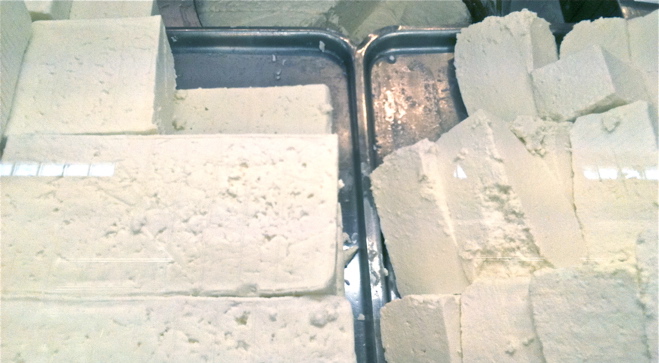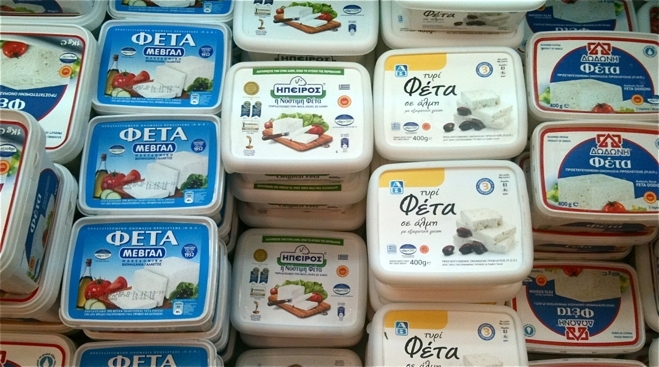
Once again new research shows that adopting a Mediterranean style diet will
protect your heart and help you live longer. Specifically this large,
multi-center study led by John Hopkins researchers found that following a
Mediterranean style diet, along with exercising regularly, maintaining a
healthy weight and not smoking all work together to prolong life. According to
their research these 4 lifestyle changes reduced chance of death from all
causes by 80 percent. Yes, you read right 80 percent. They also protected
against coronary heart disease as well as the early buildup of calcium deposits
in heart arteries.
According to the lead author Haitham Ahmed, M.D., M.P.H., internal medicine
resident at John Hopkins, the researchers evaluated data from more than 6,200
men and women, ages 44-84, from white, African-American, Hispanic and Chinese
backgrounds. They were followed for over 7 years and those that adopted
all four healthy behaviors had an 80 percent lower death rate over that time
period compared to participants with none of the healthy behaviors.
The participants were part of the ongoing Multi-Ethnic Study of
Atherosclerosis (MESA),
which examines risk factors, prevalence and prevention of cardiovascular
disease.
What is important with this study is that the participants did not live in
the Mediterranean area and that they were of different ethnicities, showing
that a Mediterranean style diet can be beneficial for anyone.
Take home lesson: A Mediterranean diet not only protects
your heart but helps you live longer, regardless of where you are from.
The study was published in the
American Journal of
Epidemiology.

